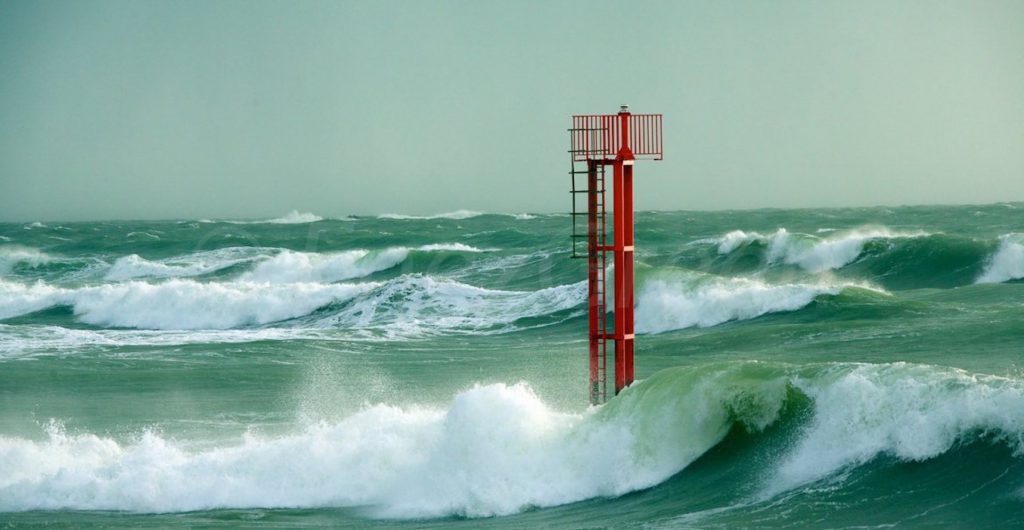Without the buffer role of oceans on global warming, life on earth would be uninhabitable
According to scientific data, the ocean has absorbed 93% of the warming due to the emission of greenhouse gases generated by human activities since 1970. “Without that, it would 36 degrees Celsius more than at present on the earth would be uninhabitable, “translated Carl Gustaf Lundin, head of the marine program of IUCN. Or “70% of biodiversity is found in the ocean,” he recalls.
This role as a buffer against climate change has a high cost to the marine ecosystem, that’s what the defense network of the kind shown in a voluminous compilation of scientific studies, it has published this Monday, September 5. Explaining titled ocean warming: causes, scale, effects and consequences, the report studies the effects of ocean warming on species, ecosystems and the benefits that oceans provide to humans. Written by 80 scientists from 12 countries, it has the scientific evidence of detectable impacts on marine life, from microorganisms to mammals, and are likely to significantly increase even with low emissions scenario.
According to Dan Laffoley, vice president of the World Commission on Protected Areas of IUCN and one of the main sponsors, “changes in the ocean are five times faster than in any terrestrial ecosystem”. Plankton, algae, invertebrates and fish have begun to migrate from the polar regions to the tropics. Warming and acidification have dramatic consequences on reproduction, growth, nutrition of numbers of species, the example most visible and known as coral bleaching. While they are home to a quarter of fish species, coral reefs should be allocated 100% by 2050.
If the ocean plays a vital role for the planet and human societies, it is only a marginal aspect of the climate negotiations
The report devotes a chapter to the impacts of these changes on human health. “More heat, less oxygen, more microbes”, says Dan Laffoley. With the ice melting, the passages that open up between the Atlantic and the Pacific will accentuate the movement of invasive species and viruses. More generally, the report focuses on the vulnerability of coasts face of rising sea levels, increasing the power of storms and reduction of natural protective barriers. According to the report there is much to do for that human societies are far from the “greatest challenge hidden in our generation”, and despite this, the oceans are still not considered as a major player in climate negotiations.




